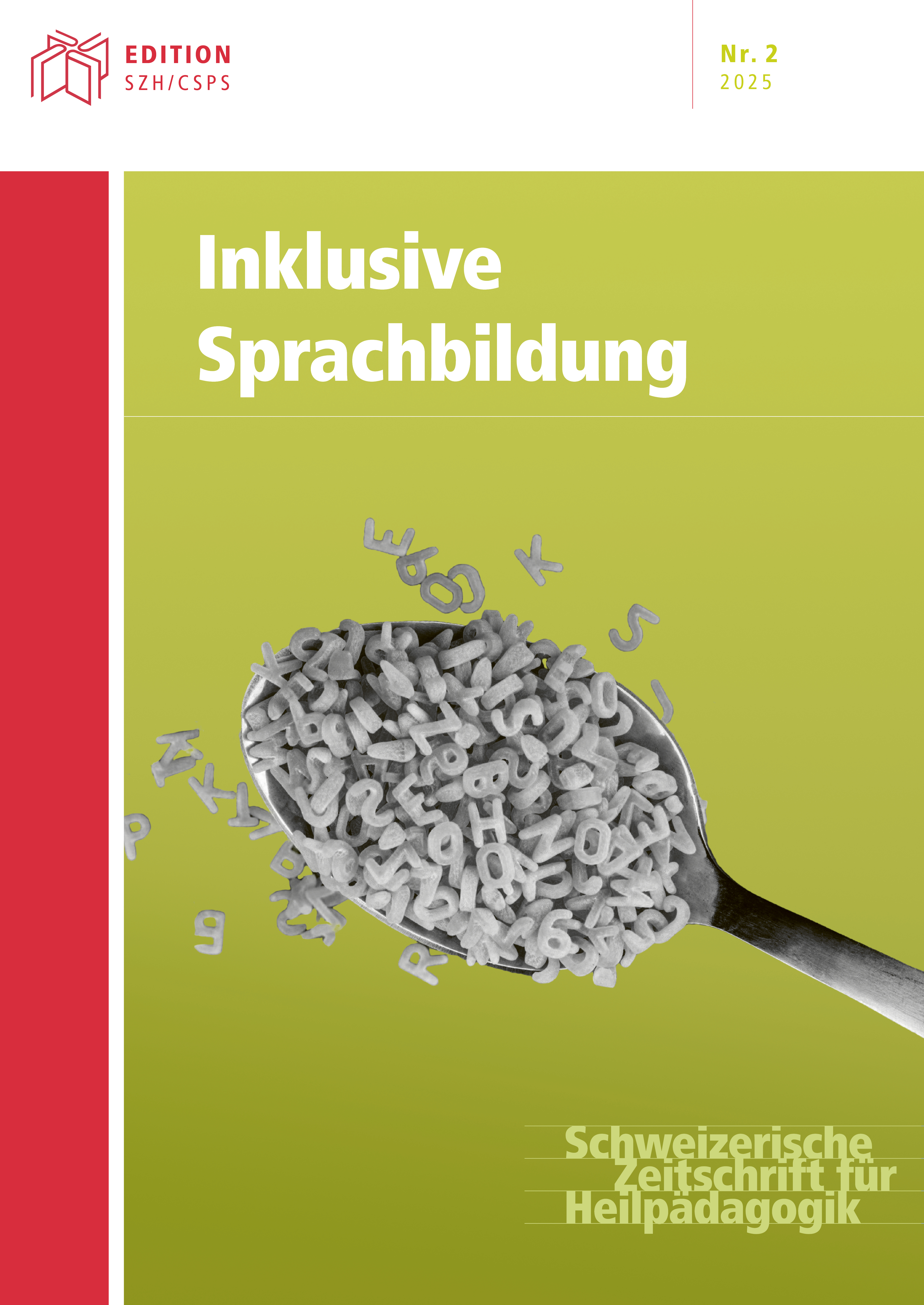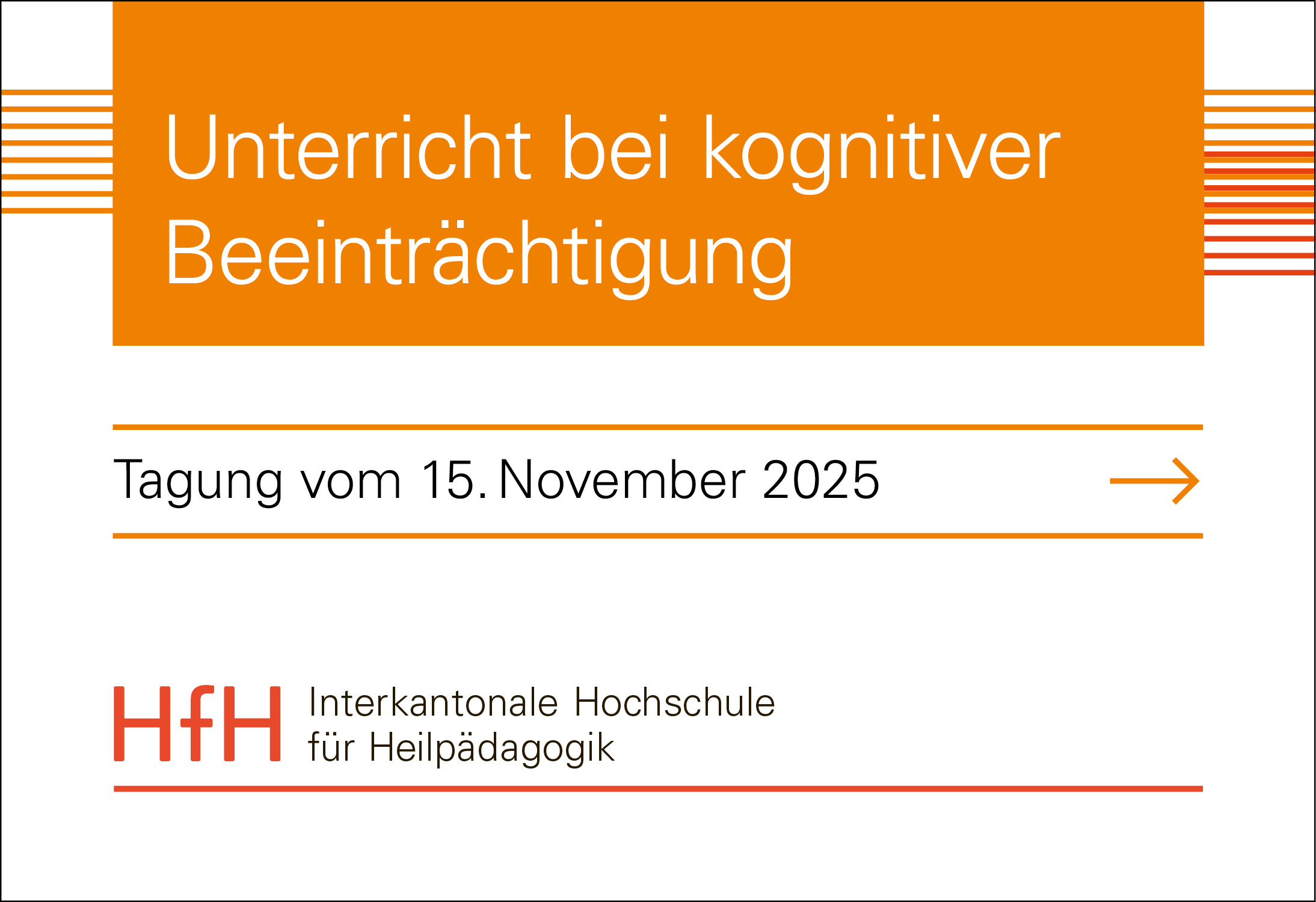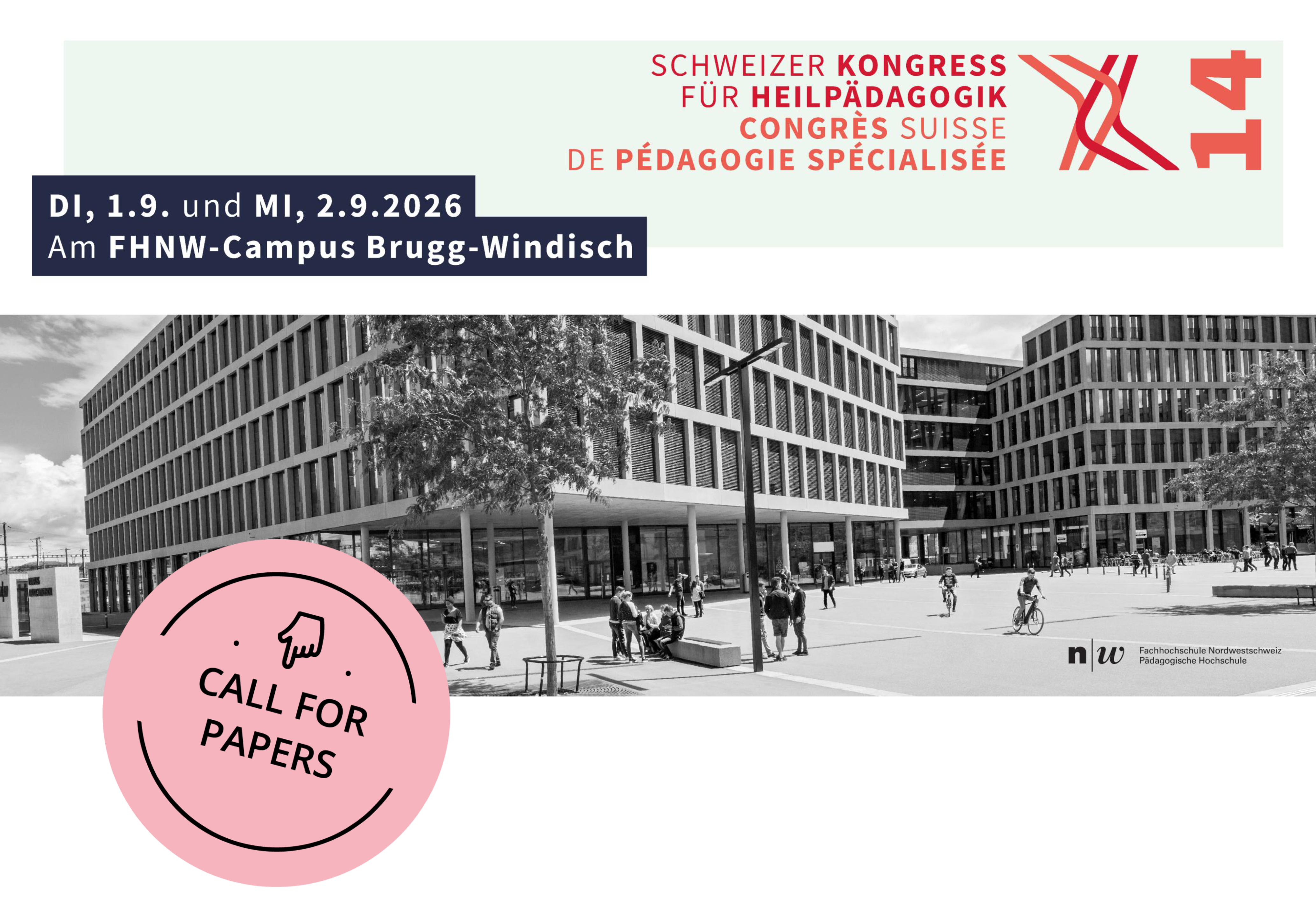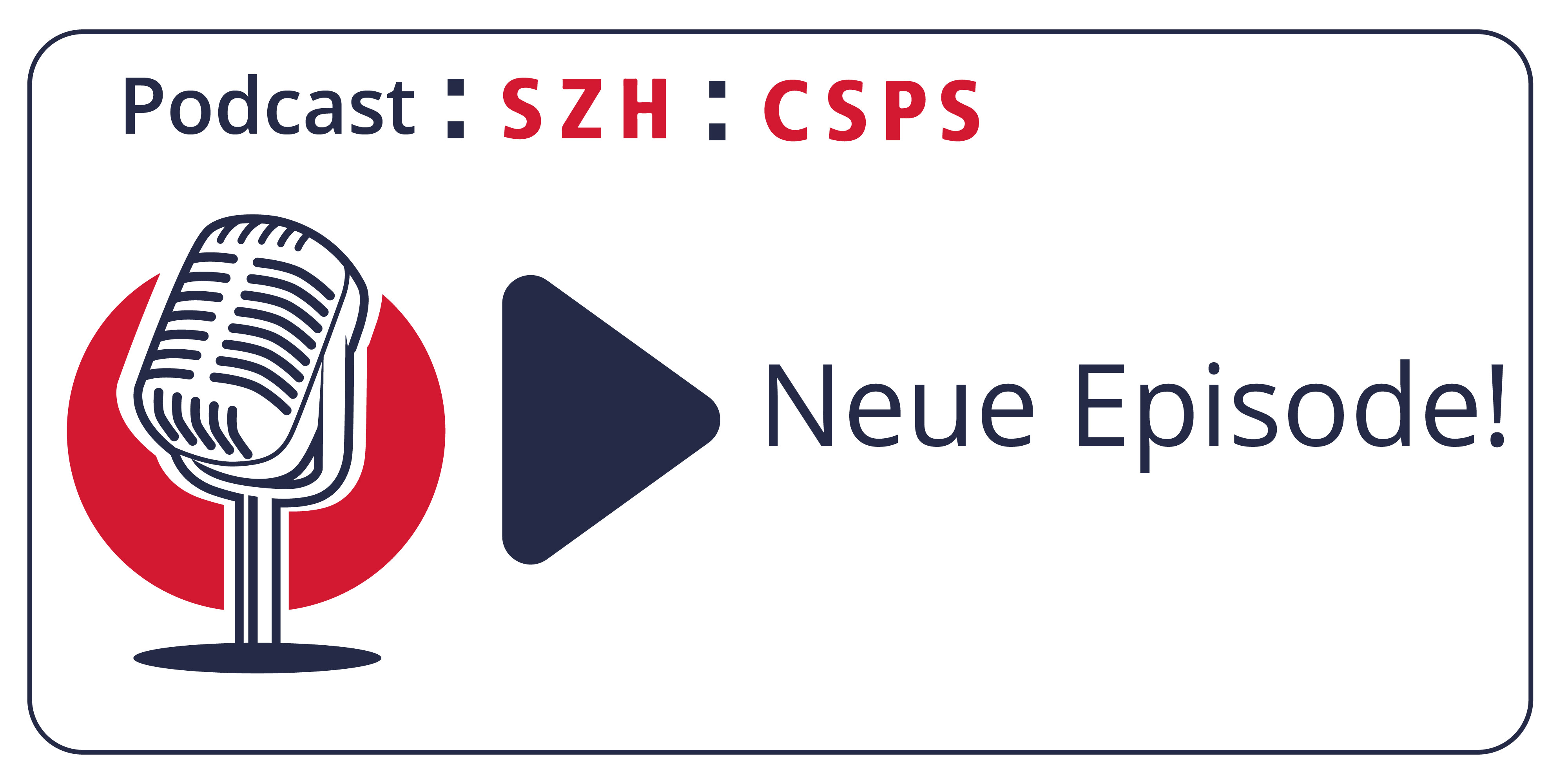Late Talker: Zweijährige mit deutlich eingeschränktem Wortschatz
Abwarten – Elterntraining – Sprachtherapie?
DOI :
https://doi.org/10.57161/z2025-02-07Mots-clés :
développement du langage, éducation des parents, enfant présentant un retard de langage, intervention précoce, trouble de langage, vocabulaireRésumé
Les « late talkers », enfants ayant un retard de l’acquisition du langage, présentent un risque de déficit linguistique à long terme. Une intervention au cours de la phase sensible de l'acquisition du langage contribue à compenser le retard linguistique de ces enfants et ainsi à éviter des problèmes secondaires dans le domaine scolaire et socio-émotionnel. Cet article décrit les caractéristiques et le déroulement du développement des « late talkers ». Il présente également les recommandations actuelles de la directive S3 de l'Association des sociétés scientifiques et médicales d’Allemagne (Arbeitsgemeinschaft der Wissenschaftlichen Medizinischen Fachgesellschaften [AWMF]) sur la prise en charge des « late talkers ». Enfin, il décrit le contexte et l'efficacité de l'entraînement structuré des parents comme intervention de premier choix en cas de retard d'acquisition du langage, en proposant une brève présentation de l'entraînement parental de Heidelberg.
Références
AWMF (2022). Therapie von Sprachentwicklungsstörungen. Interdisziplinäre S3-Leitlinie. AWMF-Registernr.: 049–015S3. https://register.awmf.org/assets/guidelines/049-015l_S3_Therapie_von_Sprachentwicklungsst%C3%B6rungen_Text_2022-12.pdf
Bleses, D., Makransky, G., Dale, P. S., Hojen, A. & Ari, B. A. (2016). Early productive vocabulary predicts academic achievement 10 years later. Applied Psycholinguistics, 37 (6), 1461–1476.
Bockmann, A.-K., Sachse, S. & Buschmann, A. (2020). Sprachentwicklung im Überblick. In S. Sachse, A.-K. Bockmann & A. Buschmann (Hrsg.), Sprachentwicklung. Entwicklung – Diagnostik – Förderung im Kleinkind- und Vorschulalter (S. 3–44). Springer.
Buschmann, A. (2011/2012). Frühe Sprachförderung bei Late Talkers. Effektivität des Heidelberger Elterntrainings bei rezeptiv-expressiver Sprachentwicklungsverzögerung. Pädiatrische Praxis, 78, 377–389.
Buschmann, A. & Gertje, C. (2021). Sprachentwicklung von Late Talkers bis ins Schulalter: Langzeiteffekte einer frühen systematischen Elternanleitung. Logos, 2 (1), 4–16.
Buschmann, A. & Jooss, B. (2011). Alltagsintegrierte Sprachförderung in der Kinderkrippe. Effektivität eines sprachbasierten Interaktionstrainings für pädagogisches Fachpersonal. Verhaltenstherapie & psychosoziale Praxis, 43, 303–312.
Buschmann, A., Jooss, B., Rupp, A., Dockter, S., Blaschtikowitz, H., Heggen, I. & Pietz, J. (2008). Children with developmental language delay at 24 months of age: results of a diagnostic work-up. Developmental Medicine & Child Neurology, 50, 223–229.
Buschmann, A., Multhauf, B., Hasselhorn, M. & Pietz, J. (2015). Long-term effects of an early parent-based intervention for late talking toddlers. Journal of Early Intervention, 3, 175–189.
Buschmann, A. & Neubauer, M. (2012). Prädiktoren für den Entwicklungsverlauf spät sprechender Kinder. Sprache – Stimme – Gehör, 35, 135–141.
Buschmann, A. & Ritter, E. (2013). «Heidelberger Elterntraining zur frühen Sprachförderung» in der Praxis. Wie zufrieden sind die Eltern. Sprache – Stimme – Gehör, 37, 24–29.
Clegg, J., Law, J., Rush, R., Peters, T. J. & Roulstone, S. (2015). The contribution of early language development to children’s emotional and behavioural functioning at 6 years: an analysis of data from Children in Focus sample from the ALSPAC birth cohort. Journal of Child Psychology and Psychiatry, 56, 67–75.
Dale, P. S., Price, T. S., Bishop, D. V. M. & Plomin, R. (2003). Outcomes of early language delay: I. Predicting persistent and transient language difficulties at 3 and 4 years. Journal of Speech, Language, and Hearing Research, 46 (3), 544–560.
Fukkink, R. G. & Lont, A. (2007). Does training matter? A meta-analysis and review of caregiver training studies. Early Childhood Research Quarterly; 22 (3), 294–311.
Girolametto, L., Greenberg, J. & Manolsen, A. (1986). Developing Dialogue skills: The Hanen Early Language Parent Program. Semin Speech Lang, 7 (4), 367–382.
Grossheinrich, N., Schulte-Körne, G., Marschik, P. B., Kademann, S., von Suchodoletz, W. & Sachse, S. (2019). School‐age outcomes of late‐talking toddlers: Long‐term effects of an early lexical deficit. Developmental Sci-ence, 22 (6). https://doi.org/10.1111/desc.12826
Horwitz, S. M., Irwin, J. R., Briggs-Gowan, M., Bosson Heenan, J. M., Mendoza, J. & Carter, A. (2003). Language delay in a community cohort of young children. Journal of the American Academy of Child & Adolescent Psychiatry, 42 (8), 932–940.
Hudson, S, Levickis, P., Down, K., Nicholls, R. & Wake, M. (2015). Maternal responsiveness predicts child language at ages 3 and 4 in a community-based sample of slow-to-talk toddlers. International Journal of Language & Communication Disorders, 50 (1), 136–142.
Irwin, J. R., Carter, A. S. & Briggs-Gowan, M. J. (2002). The social- emotional development of «late- talking» toddlers. Journal of the American Academy of Child & Adolescent Psychiatry, 41, 1324–1332.
Kühn, P., Sachse, S. & von Suchodoletz, W. (2016). Sprachentwicklung bei Late Talkern. Logos, 24 (4), 256–264.
Levickis, P., Reilly, S., Girolametto, L., Ukoumunne, O. C. & Wake, M. (2014). Maternal behaviours promoting language acquisition in slow-to-talk toddlers: Prospective community-based study. Journal of Developmental and Behavioural Pediatrics, 35 (4), 274–281.
Lyytinen, P., Eklund, K. & Lyytinen, H. (2006). Language development and literacy skills in late-talking toddlers with and without familial risk for dyslexia. Annals of Dyslexia, 55 (2), 166–192.
Ritterfeld, U. (2000a). Zur Prävention bei Verdacht auf eine Spracherwerbsstörung: Argumente für eine gezielte Interaktionsschulung der Eltern. Frühförderung interdisziplinär, 2, 82–87.
Ritterfeld, U. (2000b). Welchen und wieviel Input braucht das Kind? In H. Grimm (Hrsg.), Enzyklopädie der Psycholo-gie Band 3: Sprachentwicklung (S. 403–432). Hogrefe.
Roberts, M. Y. & Kaiser, A. P. (2011). The effectiveness of parent-implemented language interventions: A meta-analysis. American Journal of Speech-Language Pathology, 20 (3), 180–199.
Sachse, S. & Buschmann, A. (2020). Frühe sprachliche Auffälligkeiten und Frühdiagnostik. In S. Sachse, A.-K. Bockmann & A. Buschmann (Hrsg.), Sprachentwicklung. Entwicklung – Diagnostik – Förderung im Kleinkind- und Vorschulalter (S. 205–219). Springer.
Sachse, S. & von Suchodoletz, W. (2013). Sprachentwicklung von der U7 bis zur U7a bei Kindern mit und ohne Sprachentwicklungsverzögerungen. Klinische Pädiatrie, 225 (4), 194–200.
Tamis-LeMonda, C. S., Kuchirko, Y. & Song, L. (2014). Why is infant language learning facilitated by parental responsiveness. Current Directions in Psychological Science, 23, 121–126.
Téléchargements
Publiée
Comment citer
Numéro
Rubrique
Licence
© Anke Buschmann 2025

Ce travail est disponible sous la licence Creative Commons Attribution 4.0 International .








